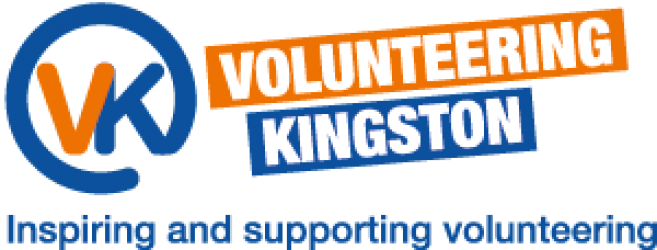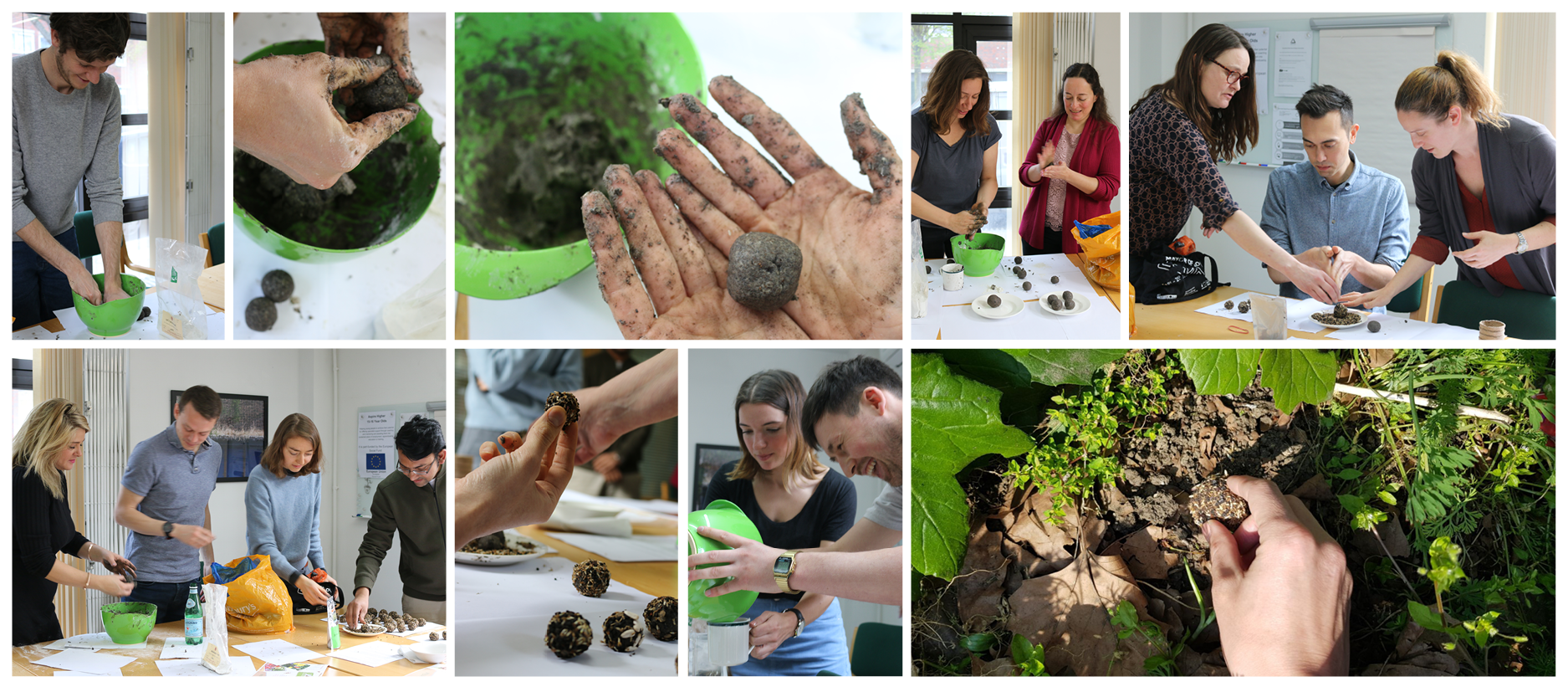Easter, with its moveable dates, its complex mixture of general holiday, sporting weekend, chocolate centric themes and occasionally the first sign of proper spring weather, is a reflective time. This year’s Easter weekend was no exception. In volunteering terms, Easter does not have the focus that Christmas and New Year period can generate. Nevertheless, Easter is a good representation of the wide range of volunteer opportunities that take place or are available.
Flexible Volunteer Opportunities
Volunteering is no longer just turning up twice a week at the same place and performing a regular service. Today, volunteers want more variety, Volunteer Involving Organisations (VIO’s) are interested in more flexible volunteers, the range of skills required and experience needed is so much more eclectic than was the case even just five years ago. Volunteers don’t put all their eggs in one basket anymore.
Whilst the 2020-2022 Covid centric experience wasn’t where groups like GoodGym were formed, it was where that flexible responsive nature had a positive light shone on it. Likewise with bite-size and micro volunteering, it was the ability to positively contribute without having to commit to set hours/days which attracted a new cohort to the positives of volunteering. As articulated in blogs past, the age dynamic for volunteers has shifted markedly since 2019, whilst it is easy to just note the decline in “time-rich” older volunteers it is a mistake not to acknowledge the balancing that has taken place with younger, more pro-active volunteers stepping up.
Like all supply and demand situations, there is always a slight lag between the request for flexible volunteering opportunities, or multi-micro volunteering, and the availability to meet those requests. VIO’s however do seem to want to meet the expectations of a new approach, however it tends to be the traditional structures, delivering for communities already, that get priority. Balancing the two is key to ensuring volunteering stays relevant and popular – taking for granted that there will always be volunteers waiting would be a mistake. As anyone who checks in regularly at www.volunteeringkingston.org.uk the evolution of opportunities, from static to organic, will continue in 2024, and the more the merrier for this new approach.








